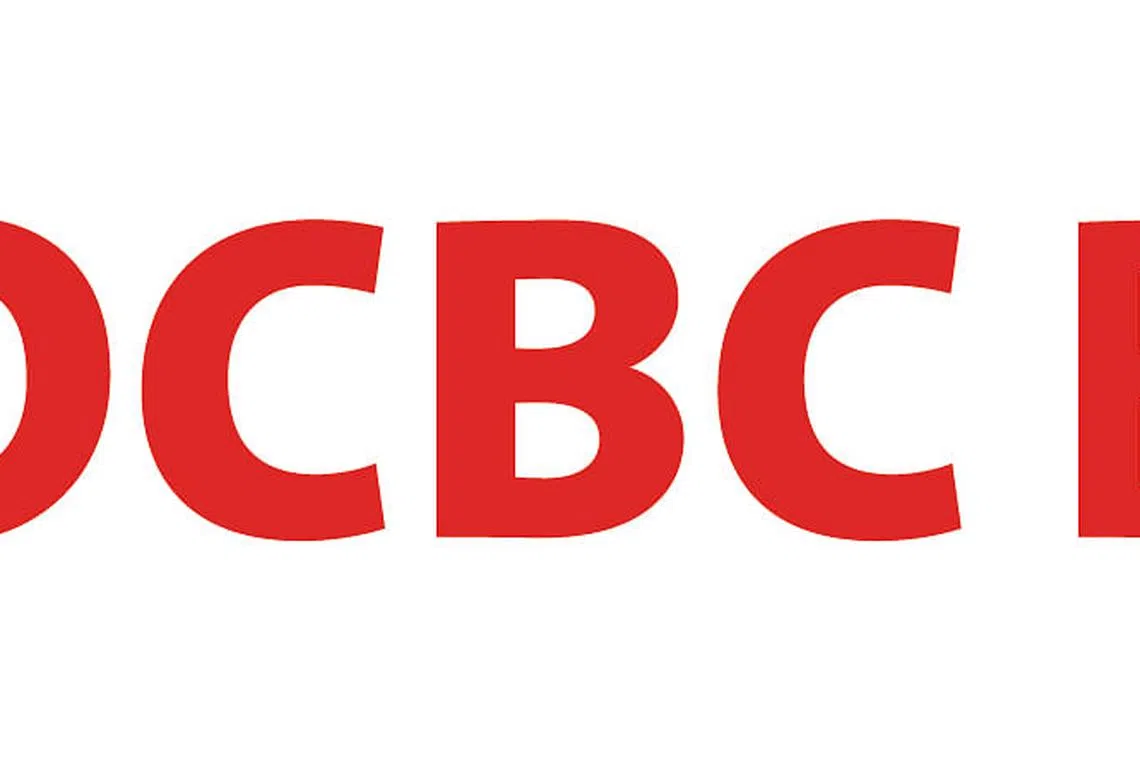Helping consumers go green through finance
OCBC Bank enables consumers to adopt sustainable practices through its innovative banking solutions
DESPITE growing evidence of climate change around the world, many Singaporeans are still not embracing sustainable behaviours as part of their lifestyles. According to a 2022 study by OCBC - the OCBC Climate Index - consumers here were hesitant to go green mainly due to cost and inconvenience. Some 44% of Singaporeans cited cost, and 36% cited inconvenience as obstacles to living a sustainable life.
Launched in 2021, the OCBC Climate Index assesses the level of environmental sustainability awareness, adoption, and advocacy among Singaporeans. The findings then indicated that Singaporeans possessed a moderate level of environmental consciousness, with an average score of 6.7 out of 10. This suggests that they have a general understanding of eco-friendly practices, but only occasionally implement and promote them. The score in 2022 remained unchanged from the previous year, with a national average of 6.7.
In light of these findings, OCBC has been attempting to address the obstacles faced by consumers to increase the adoption of green behaviours. One notable initiative is its suite of Eco-Care Loans for homes, renovations, and electric vehicles. These loans not only come with preferential rates, but also provide other benefits that can help customers overcome the barriers to adopting sustainable habits. For instance, Eco-Care Car Loan customers are given three months of free electric vehicle (EV) charging credits at over 700 Charge+ charging points across Singapore. Charge+ is an EV charging solution provider that plans to install 10,000 EV charging points islandwide by 2030, which will provide even more convenience for EV owners.
Meanwhile, homeowners who qualify for OCBC Eco-Care Home or Renovation Loans can also enjoy a one-time S$88 bill rebate when they apply for Senoko's LifeGreen24, a 100% carbon-neutral electricity plan.
"By addressing the top two concerns of Singaporeans - cost and convenience - the take-up rate for OCBC Eco-Care Loans has been better than expected and this upward trajectory should continue. Despite inflationary pressures and expectations that the housing market may slow down this year, we are still targeting close to 10% year-on-year growth in OCBC Eco-Care Loans," says Sunny Quek, Head of Global Consumer Financial Services, OCBC Bank.
Strong momentum
Navigate Asia in
a new global order
Get the insights delivered to your inbox.
Since launching in March 2021, OCBC Eco-Care Loans have become a popular option for consumers, with over S$3.5 billion extended in the last two years. These loans make up one out of every five home, renovation, and car loans issued by the bank during that period. The momentum behind these loans was notably strong in 2022, with the value of the Eco-Care Loans increasing four-fold compared to the previous year.
The bank's Eco-Care Car Loans have performed particularly well on the back of Singapore's ongoing push for electric vehicles and the development of related infrastructure. The value of these loans extended by OCBC in 2022 grew by more than 400% compared to 2021.
"Sustainability is an important growth pillar in OCBC's corporate strategy, and OCBC Eco-Care Loans is just one way that we are seizing green opportunities while simultaneously doing our part for the environment. Our customers can expect more sustainability-themed products and services from us in the coming year as we seek to entrench ourselves as a leader in this space," says Mr Quek.
A leader in sustainability
The importance that the bank places on sustainability is reflected in its strategy. Not only is sustainability embedded in the bank's corporate strategy, but OCBC also has a dedicated climate strategy aimed at supporting the transition to a low-carbon economy.
OCBC Eco-Care Loans are just one of many climate-related initiatives from the bank. Other sustainability-related achievements in 2022 include achieving net-zero operational emissions and launching the OCBC Mangrove Park with the National Parks Board (NParks), with the bank contributing S$3 million to this effort. The bank is helping to grow 18,000 mangrove trees at the OCBC Mangrove Park and the Tebuk Mendeleng mangrove project in Malaysia, which can absorb more than 30 million kg of CO2 in their lifetimes, and protect shorelines against erosion and storm surges.
OCBC has also pledged to grow its sustainable finance portfolio to S$50 billion by 2025. Reflecting its commitment to this target, OCBC joined the Net-Zero Banking Alliance to support decarbonisation strategies, and will announce its sectoral financed emission targets by the first half of 2023.
These initiatives, which involve the bank's business and consumer customers, as well as the wider community, will contribute to building a more sustainable future.
Brought to you by

Copyright SPH Media. All rights reserved.
